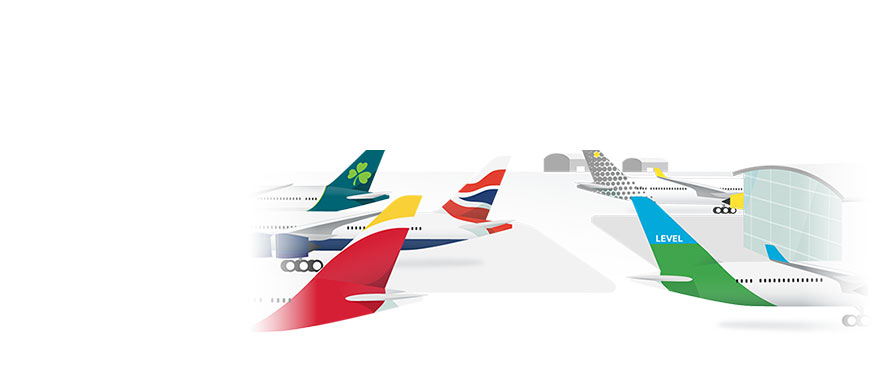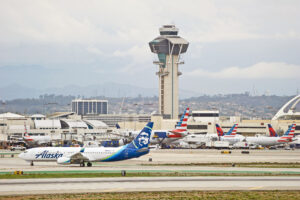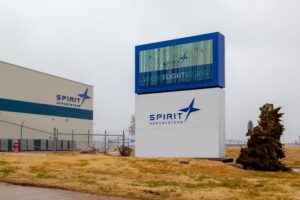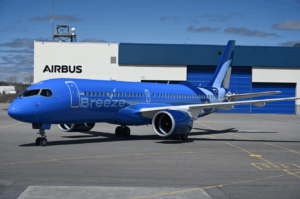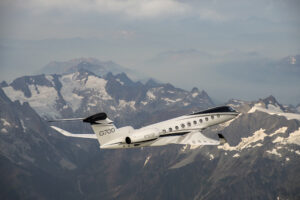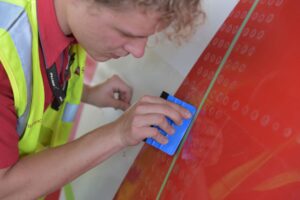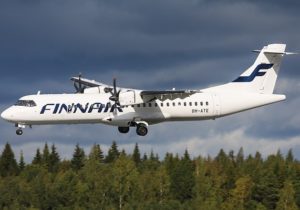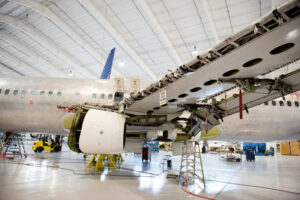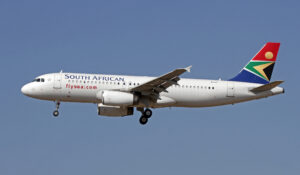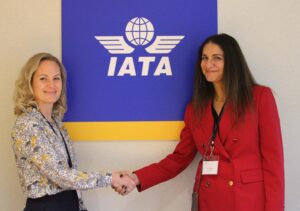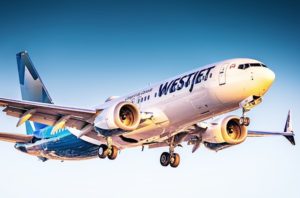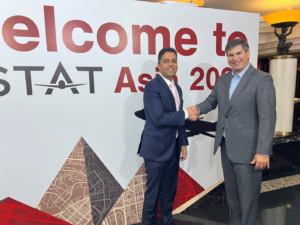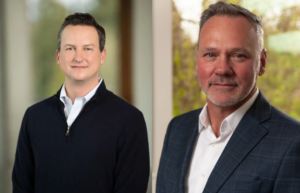International Airlines Group (IAG) and Microsoft have signed the largest co-funded purchase agreement for Sustainable Aviation Fuel (SAF) emission reductions globally, where both parties are funding part of the cost of the supply.
IAG’s industry-leading SAF programme has seen it commit to US$865 million in future SAF purchases and investments as of the end of 2022. It has a target to meet 10% of its fuel needs from SAF by 2030 and was the first European airline group to set this target. IAG is funding supply agreements as well as investments to accelerate SAF production, including in Nova Pangaea’s waste-to-fuel production facility in the UK.
Microsoft will co-fund 14,700 tonnes of IAG’s SAF purchasing in 2023, enough to fully fuel approximately 300 British Airways Boeing 787 flights between London and Seattle. This agreement will enable Microsoft to reduce its Scope 3 emissions and make progress toward its goal of being carbon negative by 2030.
SAF produced from used cooking oil and food waste (which will be certified by International Sustainability & Carbon Certification (ISCC)) will be supplied to IAG airlines (British Airways, Aer Lingus, Iberia and Vueling) operating from London’s Heathrow and Gatwick airports during 2023. The SAF will be provided by Phillips 66 Limited’s Humber Refinery, which is the UK’s only industrial-scale producer of SAF. In 2021, British Airways signed a multi-year agreement for SAF supply from Phillips 66 Limited.
IAG has been working with the aviation industry in its campaign for further government policy support to stimulate investment in SAF production. With the right policy support, 30 SAF plants could be built across the UK and Europe over the next eight years, saving seven million tonnes of CO2 annually by 2030.
The SAF used as part of this agreement is expected to reduce lifecycle carbon emissions by at least 80% compared to the conventional jet fuel it replaces. Using sustainable sources like waste cooking oil, or other wastes and residues – rather than fossil materials, newly extracted from the ground – means SAF releases existing carbon rather than adding new carbon to the atmosphere.

